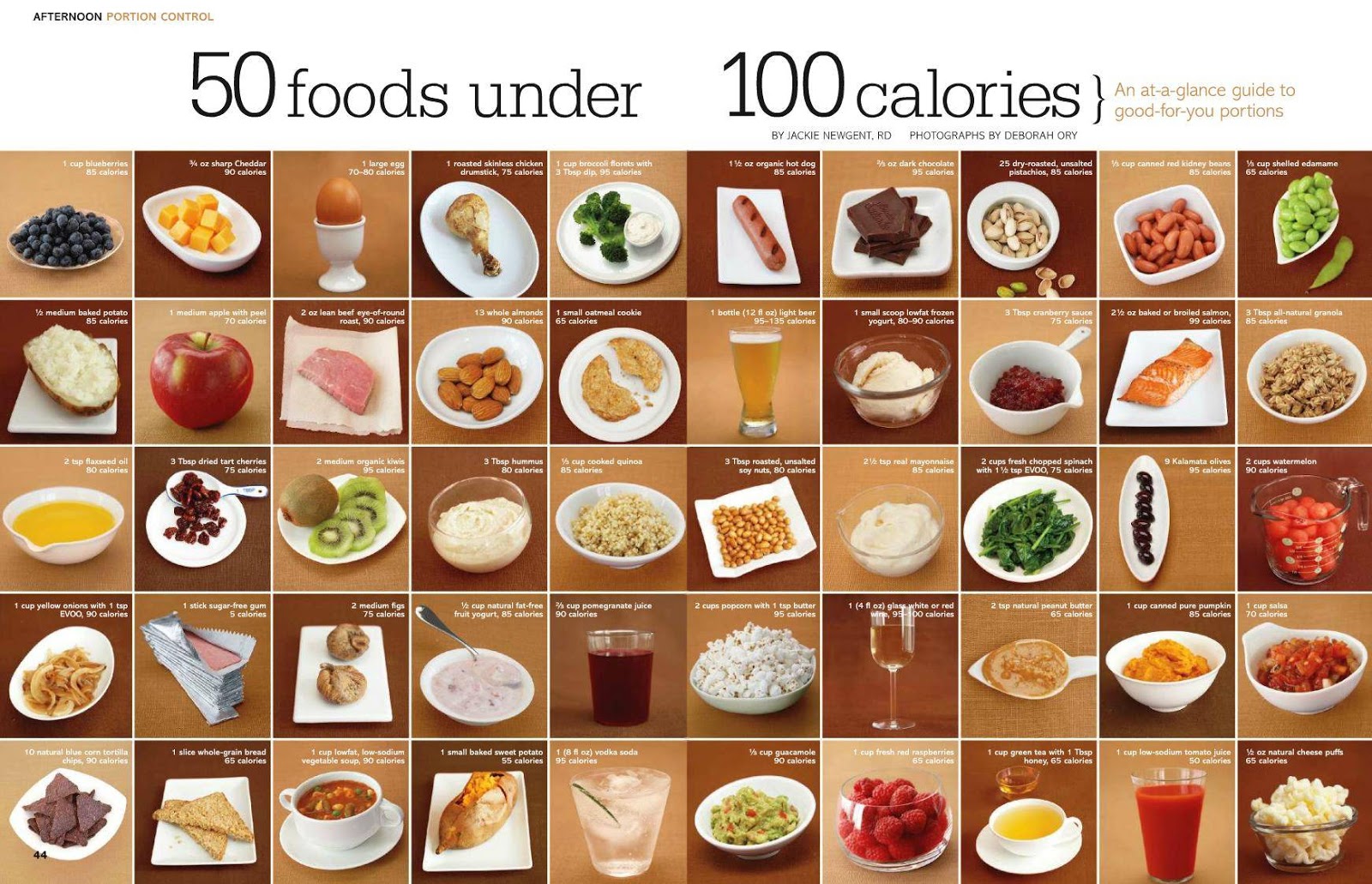

How Much Is 100 Calories In Pounds?
Understanding the relationship between calories and weight is crucial for anyone looking to manage their diet or lose weight. In this article, we will explore how much 100 calories equates to in pounds, providing a clear and concise explanation that can aid in your health journey. Whether you are looking to shed a few pounds or just curious about calorie consumption, this article will provide you with the necessary insights.
Calories are a unit of energy that our bodies need to function. When we consume food, we are essentially taking in calories that can either be used for immediate energy or stored as fat for later use. But how does this translate into weight? Specifically, how much weight can you gain or lose by managing your calorie intake? This article will delve into the details of these concepts.
By the end of this article, you will have a better understanding of how 100 calories impact your weight in pounds and how you can utilize this knowledge in your daily life. Let’s dive in!
Table of Contents
- Calories and Weight: An Overview
- What is a Caloric Deficit?
- Understanding Caloric Surplus
- How Many Calories Equals a Pound?
- Examples of Caloric Impact
- Practical Tips for Managing Calories
- Common Myths About Calories and Weight
- Conclusion
Calories and Weight: An Overview
Calories are essentially the energy we derive from food. The human body requires a certain number of calories to perform basic functions such as breathing, digestion, and physical activity. When you consume more calories than your body burns, the excess is stored as fat, leading to weight gain. Conversely, when you consume fewer calories than your body needs, it will use stored fat for energy, resulting in weight loss.
Understanding the Caloric Balance
The concept of caloric balance is key to understanding how weight is gained or lost. It is a simple equation:
- Calories In: All calories consumed through food and beverages.
- Calories Out: All calories burned through physical activity and metabolic processes.
For weight maintenance, these two must be equal. Weight loss occurs when calories out exceed calories in, while weight gain occurs when the opposite is true.
What is a Caloric Deficit?
A caloric deficit occurs when you consume fewer calories than your body burns. This situation forces your body to use stored fat for energy, leading to weight loss. To lose weight, most health experts recommend creating a caloric deficit of about 500 to 1000 calories per day, which can result in a weight loss of approximately 1 to 2 pounds per week.
Understanding Caloric Surplus
A caloric surplus, on the other hand, happens when you consume more calories than you burn. This excess energy is stored as fat, leading to weight gain. It is important to note that not all weight gain is bad; some individuals may seek to gain weight intentionally, such as athletes looking to build muscle mass.
How Many Calories Equals a Pound?
The general consensus is that approximately 3,500 calories equate to one pound of body weight. Therefore, if you were to create a deficit of 3,500 calories, you would theoretically lose one pound. Conversely, gaining 3,500 calories would mean you could potentially gain a pound. This principle is foundational in the realm of weight management.
Breaking Down 100 Calories
So, what does this mean for 100 calories? If we break it down:
- 100 calories represent about 1/35th of a pound.
- To lose 1 pound, you would need to create a deficit of about 3,500 calories, which means cutting down 100 calories daily would take approximately 35 days to lose a pound.
Examples of Caloric Impact
Understanding how small changes can lead to weight loss is important. Here are some examples:
- Reducing 100 calories from your daily intake, perhaps by cutting out a sugary drink, can lead to a cumulative weight loss over time.
- Conversely, consuming an extra 100 calories daily, such as a small snack, can contribute to weight gain over weeks and months.
Practical Tips for Managing Calories
Here are some practical tips to help you manage your calorie intake effectively:
- Track Your Intake: Use apps or journals to monitor your daily calorie consumption.
- Choose Nutrient-Dense Foods: Opt for foods that are low in calories but high in nutrients, such as fruits and vegetables.
- Watch Portion Sizes: Be mindful of serving sizes to avoid unintended calorie consumption.
- Stay Active: Incorporate regular physical activity to help burn calories and maintain a healthy weight.
Common Myths About Calories and Weight
There are several myths surrounding calories and weight management that can lead to confusion:
- Calories are the Same for Everyone: Not all calories are created equal. How your body processes different foods can vary.
- Skipping Meals Helps with Weight Loss: Skipping meals can slow metabolism, leading to weight gain in the long run.
- All Weight Loss is Good: The goal should be to lose fat, not muscle, which is important for overall health.
Conclusion
In summary, understanding how much 100 calories translates to in terms of weight can empower you to make better dietary choices. A deficit of 3,500 calories can lead to a loss of one pound, meaning that small changes in your diet can have a significant impact over time. Remember to focus on a balanced approach to eating and exercise for sustainable weight management.
If you found this article helpful, leave a comment below or share it with friends who might benefit from understanding how calories work. Also, check out our other articles for more tips on healthy living!
Thank you for reading! We hope to see you back for more valuable insights on nutrition and health.
Best Cheapest Digital Camera: Your Ultimate Guide To Affordable Photography
Def Jam Fight For NY PS5 Download: The Ultimate Guide
Are Shoes From Shoe Carnival Real? A Comprehensive Guide


